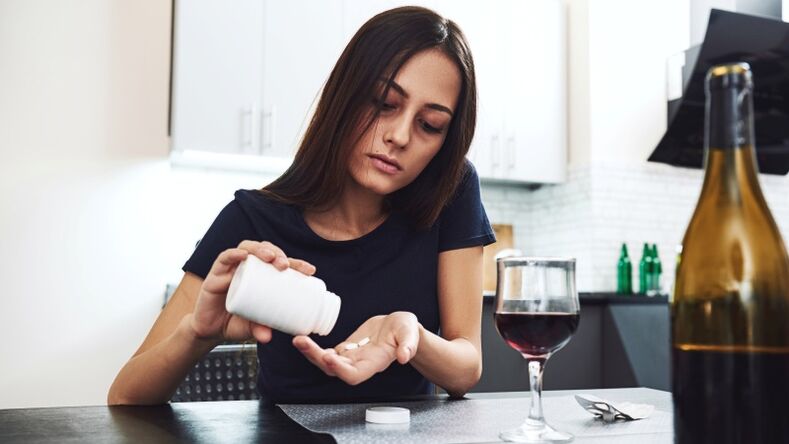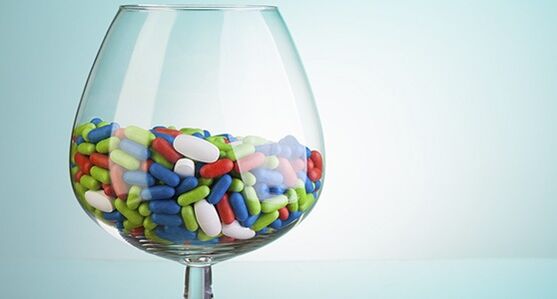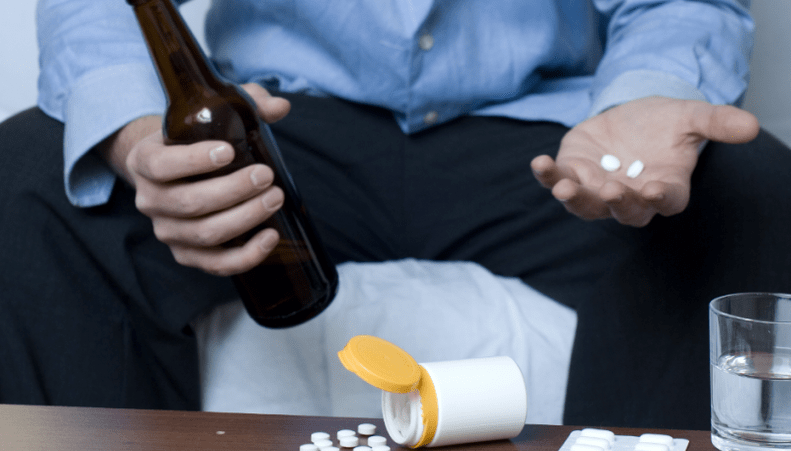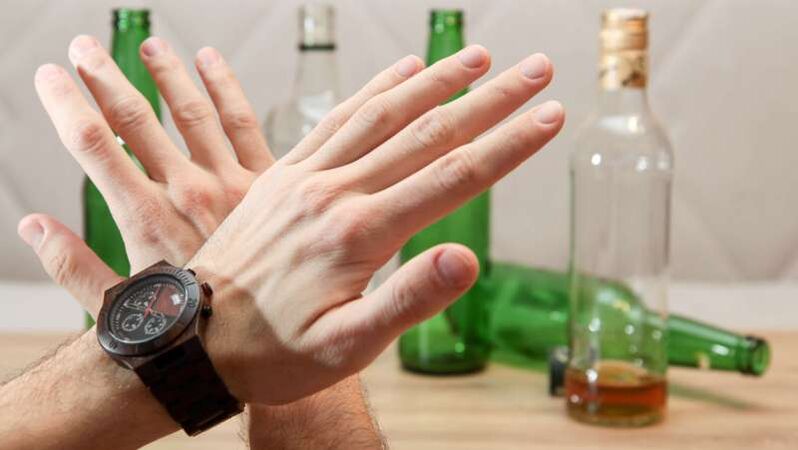Is it OK to combine alcohol and antibiotics? Even doctors haven't given a definitive answer to this popular question. While some are categorically against this duo, others think it's important to consider what and how much you drink. There is also a third view that by effectively dealing with this problem, a person can be successfully treated while remaining socially active.

Is it really necessary to quit drinking while taking antibiotics? Let's figure it out.
Much depends on the active substance of the drug. Some types of antibiotics are not friends with alcohol at all, while others interact normally. Of course, it's not worth mixing alcohol with pills after reading this article. However, if for some reason you are still drinking while you are on antibiotics, knowing something will help you not to panic, but to properly understand the problem.
Antibiotics and Alcohol: Myths and Legends
There is a version that the horrific story that alcohol and antibiotics should not be mixed started spreading after the war. The first legend says that during this period, STD clinics at home and abroad were literally overcrowded. The patients are soldiers and officers who fully appreciate the "charm" of martial law. Medics specifically terrorize patients about the horrific consequences of combining alcohol and antibiotics, because they could get into big trouble again after drinking, and the result of this "exploitation" is likely to be a new sexual infection.
Another legend states that because it was laborious to obtain penicillin, it evaporated from the urine of soldiers undergoing treatment. For this reason, soldiers were not allowed to drink beer during treatment.
The dangers of drinking alcohol while taking antibiotics are in the air, and modern people prefer to avoid this concoction. But what does evidence-based medicine say about this?

What does the research show?
In the early 2000s, the effects of ethanol on various antibiotics were studied. In experiments on laboratory animals and human volunteers, alcohol has been shown to not affect most types of antibiotics.
Therefore, the antibiotics studied were equally effective in the experimental and control groups. No significant deviations were found in the mechanisms of absorption, systemic distribution, and excretion of putrefaction products.
By the way, there is a hypothesis that consumption of alcoholic beverages enhances the adverse effects of antibiotics on the liver. In the medical literature, such cases are rarely described because they occur infrequently (up to 10 per 100, 000). Meanwhile, no further research has been carried out in this area. Are all fears unfounded?

Which antibiotics should not be used with alcohol
No, this concern is not unfounded: there are many antibiotics that can produce extremely unpleasant symptoms when they come in contact with alcohol—the so-called disulfiram-like reaction. This reaction occurs during the chemical interaction of ethanol with some specific antibiotic molecules, and as a result, the exchange of ethanol in the body changes. In particular, there is an accumulation of an intermediate substance - acetaldehyde. Poisoning with this substance can cause the following symptoms:
- severe headache
- nausea and urge to vomit
- increased heart rate
- redness of the face, neck, chest area, which is "hot"
- intermittent heavy breathing
- limb spasm
Large doses of alcohol can be fatal!
These symptoms are very unbearable and often cause fear of suffocation or death. Disulfiram-like reactions are used clinically in the treatment of alcoholism ("Code").

Antibiotics that may cause these symptoms:
- Active ingredient metronidazole
- The active substance ketoconazole (for thrush, for example, in the form of suppositories)
- Active ingredient furazolidone (for food poisoning or diarrhea of unspecified nature)
- Active substance chloramphenicol (toxic, rarely used: for infections of the urinary tract, bile ducts and some other diseases)
- Active substance co-trimoxazole (available for respiratory, renal and ureteral infections, prostatitis)
- Active ingredient lornoxicam (for the treatment of bacterial infections of the respiratory and ENT organs, kidneys, urinary tract, etc. )
- The active ingredient tinidazole (often used to infect Helicobacter pylori, which causes stomach ulcers)
- Active ingredient Cefmandol (injection for infections of unspecified nature)
- Active ingredient cefoperazone (available for injection to treat respiratory tract, including pneumonia, genitourinary bacterial diseases, and others)
- The active substance moxifloxacin (broad-spectrum antibiotic, used in severe cases, including fever, if bacterial infection is suspected)
Alcohol should be avoided during treatment with these medications (oral medications and suppositories or eye drops)!
To make sure your antibiotics are not included in the group of drugs that are prohibited from mixing with alcohol, please consult your doctor and read the drug instructions carefully.

rational decision
When treating any illness with antibiotics, you should not overload your body with alcoholic beverages anyway. After all, like any toxic substance, ethanol needs to be "neutralized" in the body. To fight the poison, the body throws out an extra reserve, usually a last reserve, especially if the disease is chronic. Spending energy on cleansing the body can damage the immune system and significantly prolong the recovery period.
In addition, research and medical practice have confirmed that both alcohol and antibiotics have an inhibitory effect on the liver.
Although experts are divided on the compatibility of alcoholic beverages and antimicrobials (except for those explicitly restricted), most people tend to agree that drinking alcohol is best avoided during antibiotic treatment. You should also know: If during treatment youStill having a glass of wine, the next antibiotic should not be refused (if it is a drug without alcohol contraindications, of course).































